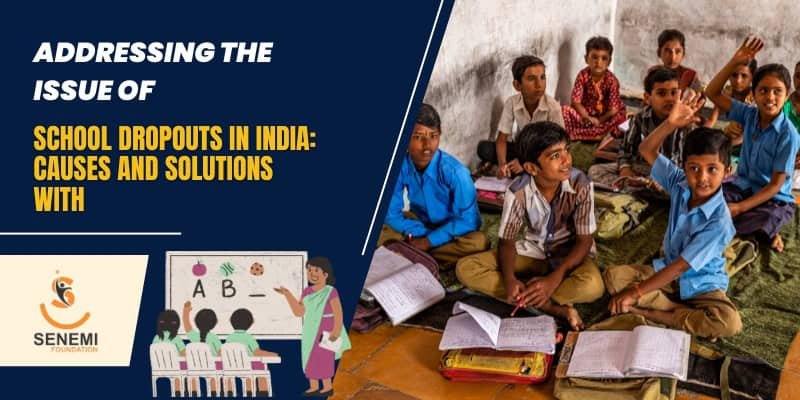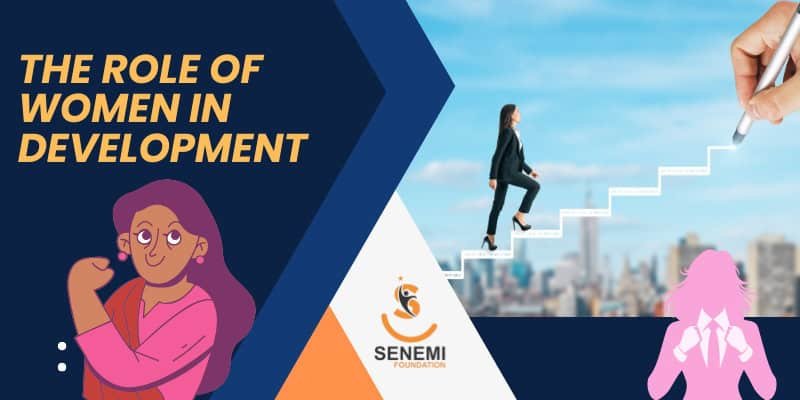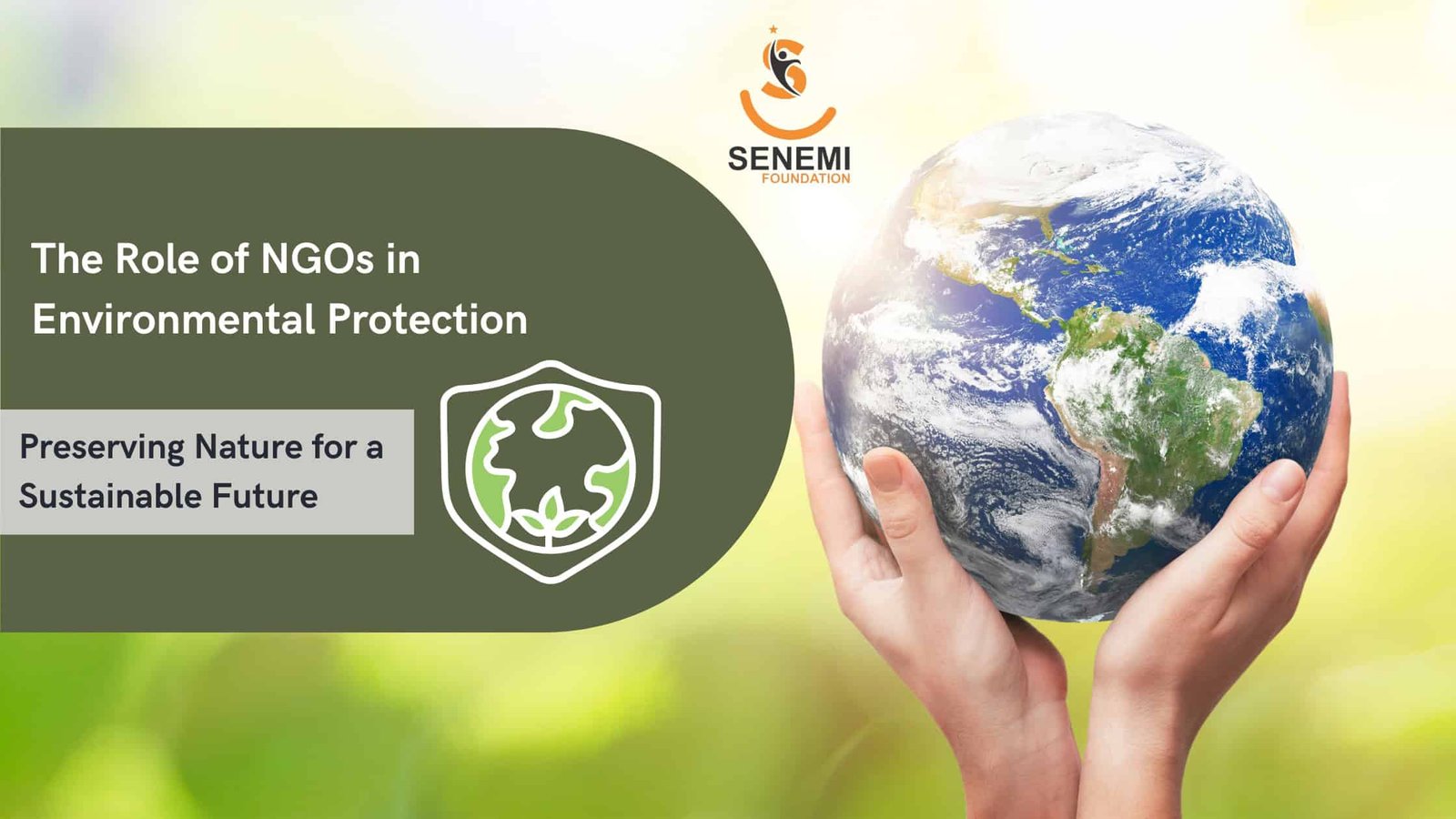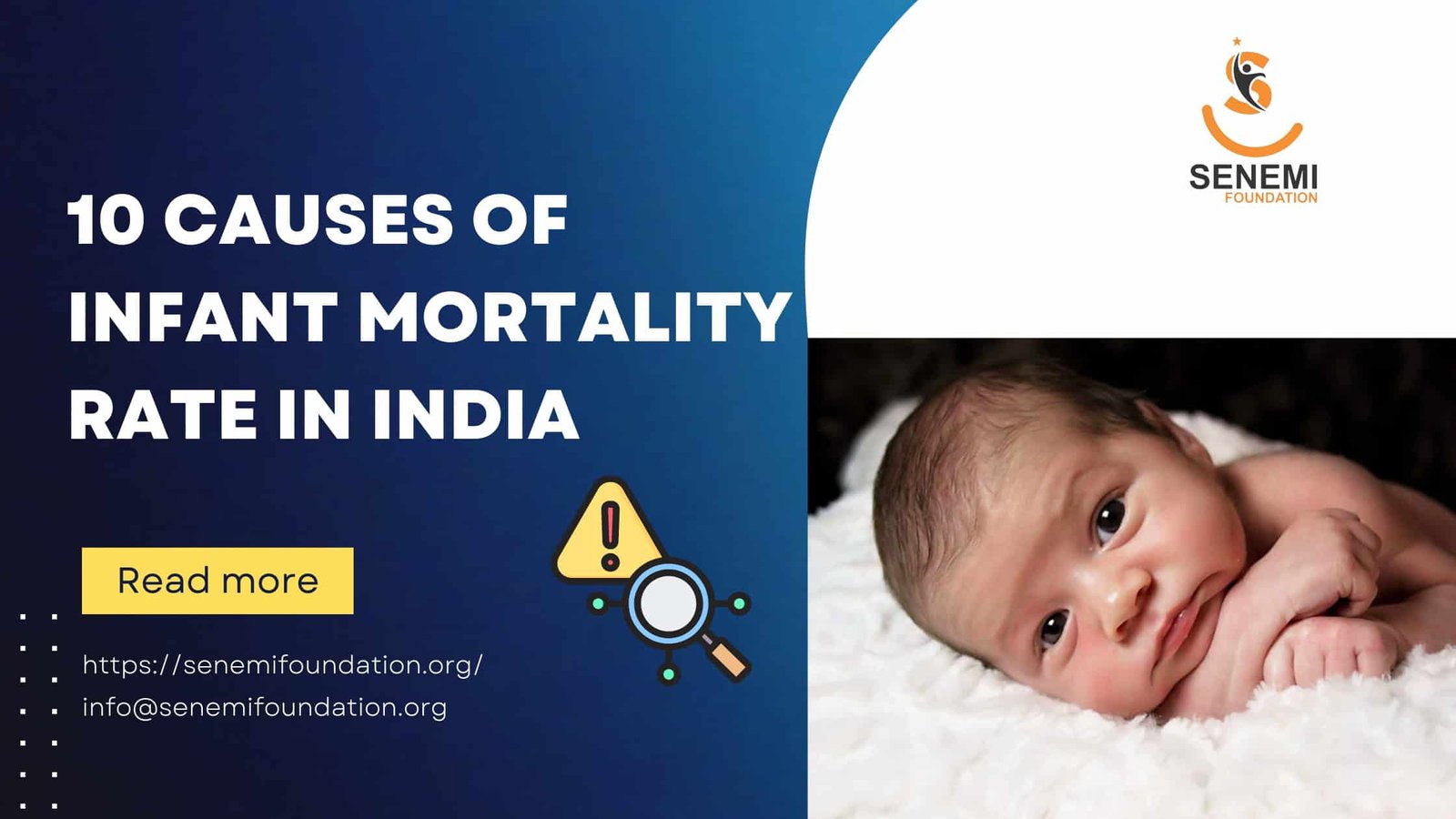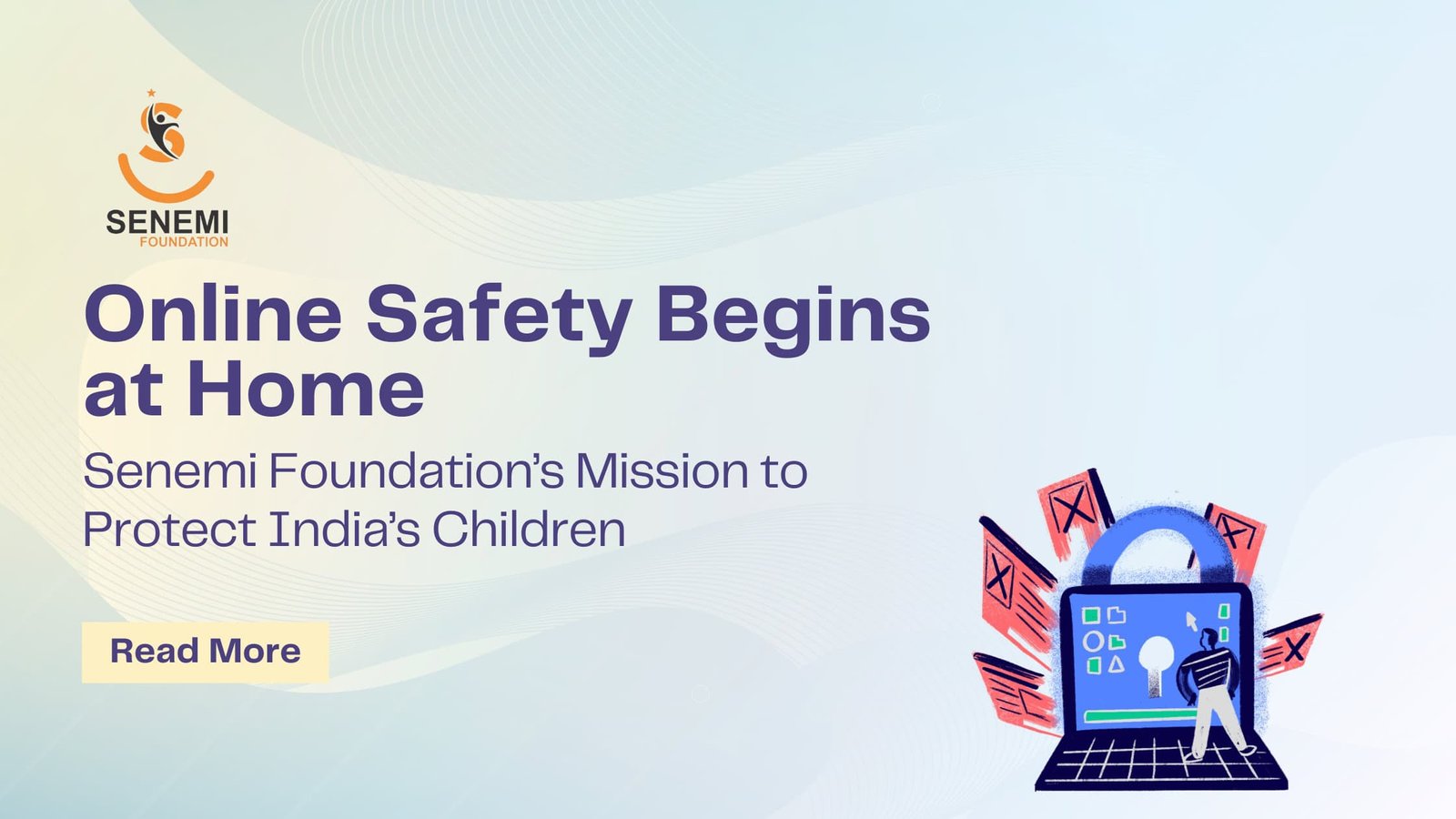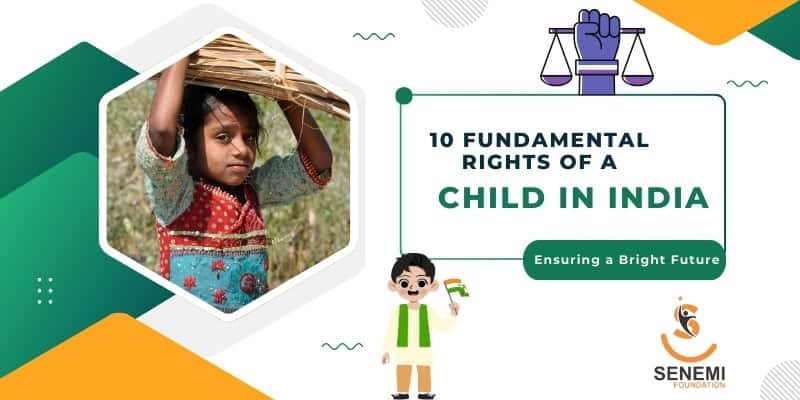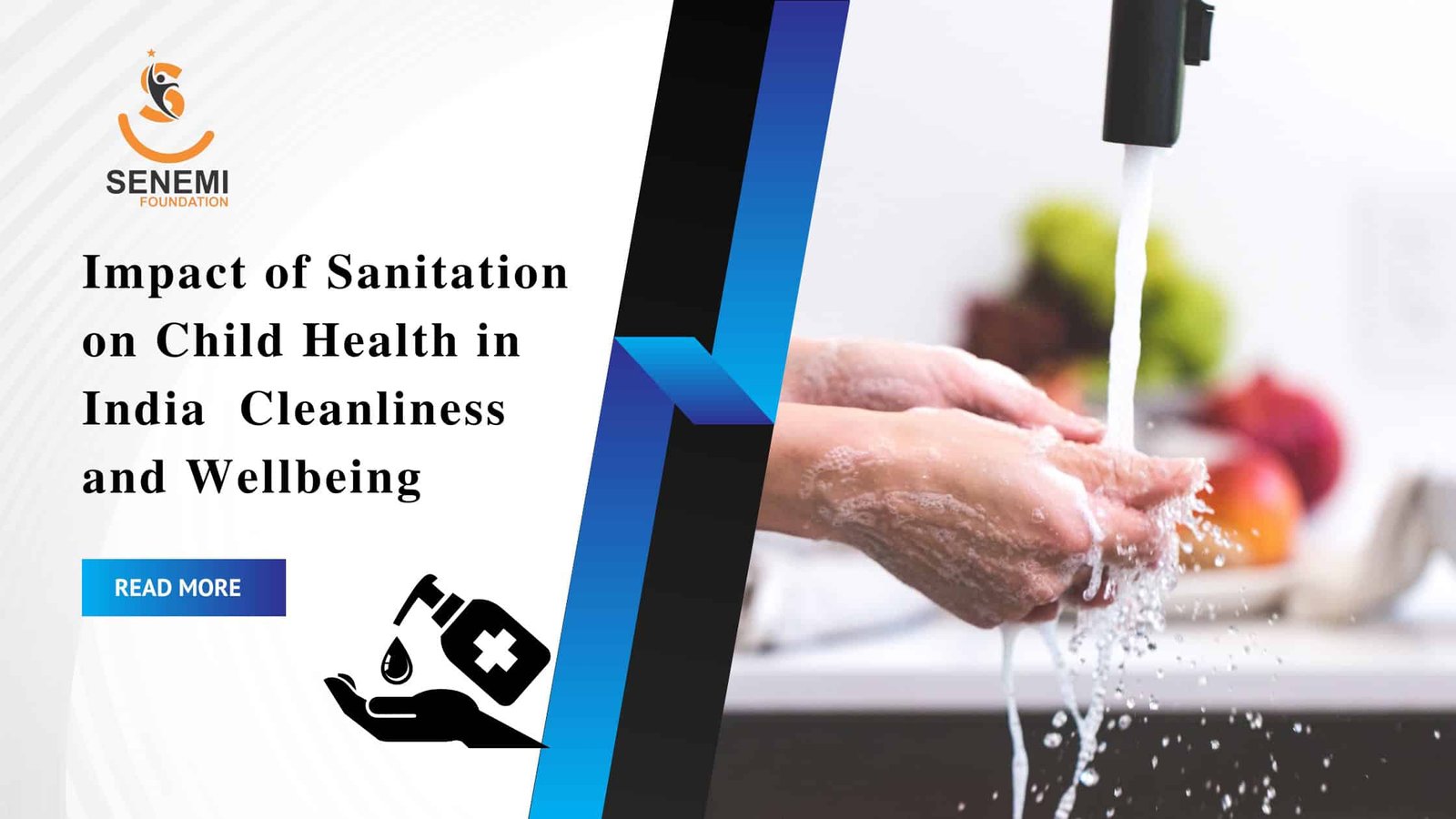
The connection between sanitation and child health in India is undeniable. In a country where a significant portion of the population still lacks access to basic sanitation facilities, the consequences for children are grave. With poor hygiene conditions, children face an increased risk of diseases, malnutrition, and even death. Senemi Foundation, a dedicated NGO working for sanitation in India, has been consistently advocating and implementing hygiene-focused initiatives across Haridwar, Delhi, and other parts of the country. This blog explores the deep impact of sanitation on child health in India, examining the challenges, the government's role, the community's response, and the solutions being pioneered by grassroots organizations.
 Deepak
Deepak


